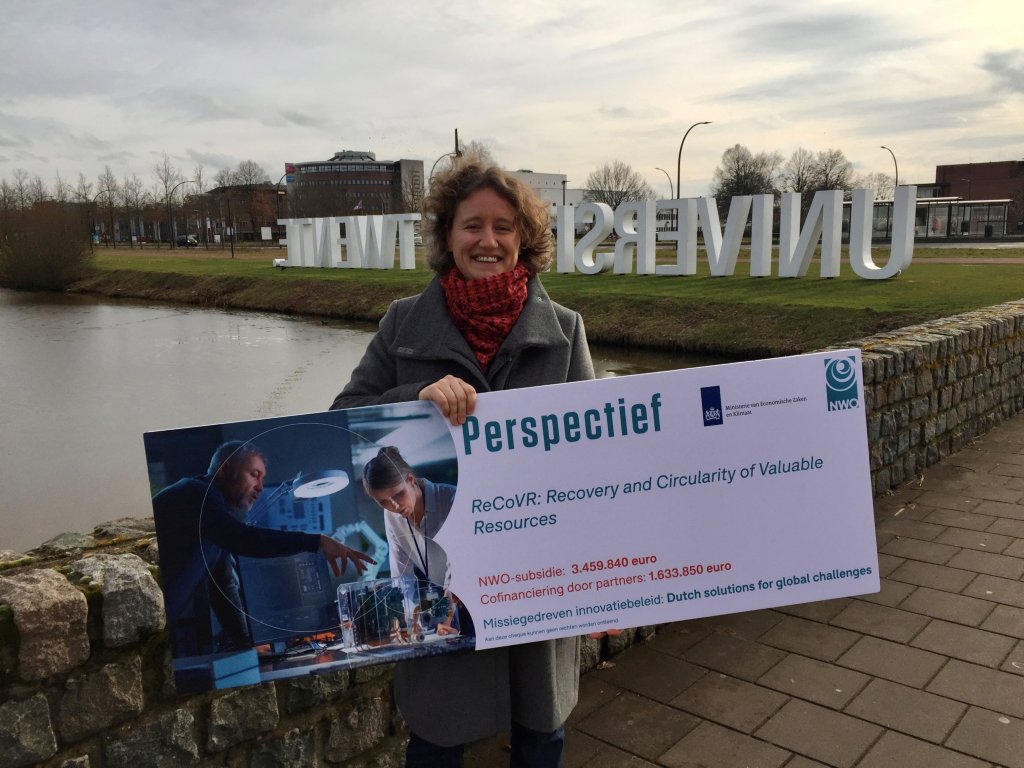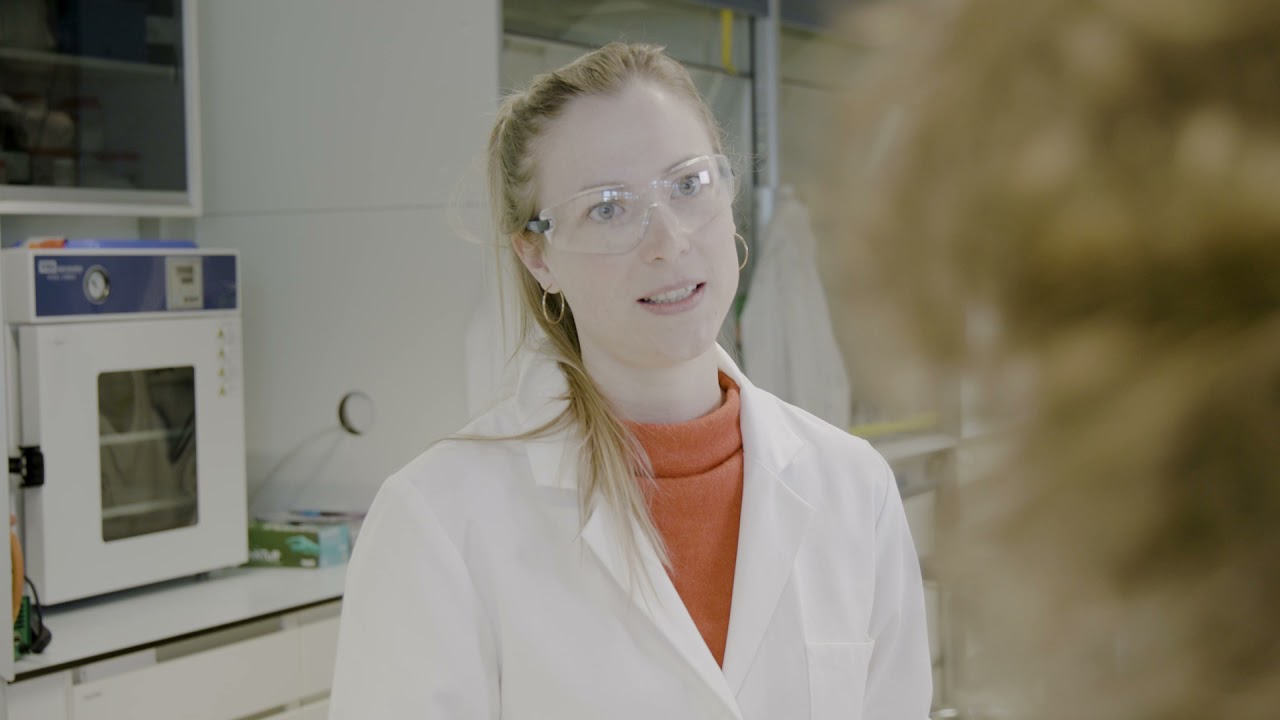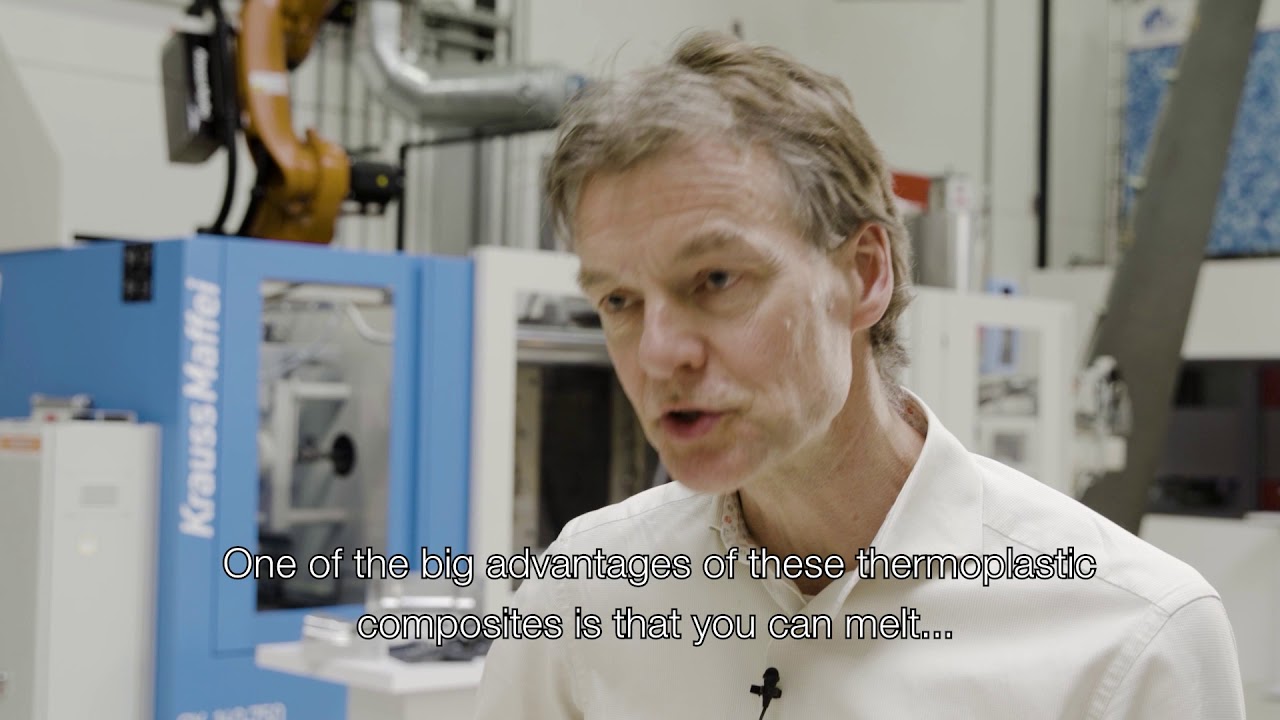Materials science for a sustainable world
Two 4TU materials scientists at the University of Twente and their consortia will launch a research programme as part of the NWO Perspective programme. By ‘Reducing CO2 emissions by making vehicles lighter’ (ENLIGHTEN) and through ‘Better separation technology for the reuse of raw materials’ (ReCoVr).
ReCoVr
Recovery and Circularity of Valuable Resources
Programme leader: dr. Sissi de Beer (Faculty of Science and Technology, Sustainable Polymer Science, UTwente)

As a result of the growing world population, raw materials are becoming increasingly scarce. Therefore, the Netherlands has the objective to have a circular economy in 2050 in which all raw materials are reusable. This requires new separation technologies that can extract valuable materials from streams that would otherwise have ended up as waste.
In this ReCoVR research programme, researchers will be working on new materials and coatings for electrically powered separation technologies that are more energy efficient, cleaner and more specific than current separation methods. They will focus on five application areas: water purification; isolating flavourings; recycling chemicals; recovering foods such as sugar and salt; and purifying proteins that are used in, among other things, the production of meat substitutes and high-protein dairy products.
Collaboration with 4TU materials scientists
Materials researchers involved from the University of Twente are amongst others Mark Hempenius, Frederik Wurm, Boelo Schuur, Bastian Mei, Andre ten Elshof, Marie-Alix Pizzoccaro, Mieke Luiten-Olieman. From Eindhoven University of Technology Kitty Nijmeijer is involved. They will also be collaborating with Monique van der Veen and David Vermaas at Delft University of Technology. Karin Schroën and Pina Fritz are from Wageningen University and Research.
A video made by NWO Science.
ENLIGHTEN
Enabling Integrated Lightweight Structures In High Volumes
Programme leader: prof.dr.ir. Remko Akkerman (Faculty of Engineering Technology, Production Technology)
Lightweight materials that are strong enough to ensure passenger safety are also popular among manufacturers of cars and aircraft. Thermoplastic composites – fibre-reinforced plastics that soften when heated – are light, strong, easy to work with and easy to recycle. Certain components in aircraft fuselages and wings are already being made from this relatively new material. However, they are not yet in wider use.
The aim of ENLIGHTEN is to find a way to produce reliable entire structures using this material (in a predictable, reproducible and cost-effective way).
While manufacturing technologies for components from thermoplastics composites are rapidly advancing, the integration and joining of these parts is less developed. The idea is to overcome this barrier with an integrated approach to fusion bonding, combining process and performance optimization by simulations of physical phenomena and process monitoring using artificial intelligence.
A video made by NWO Science.
Collaboration with 4TU materials scientists
Materials researchers involved from Delft University of Technology are Clemens Dransfeld, Saullo Castro and Boyang Chen (Faculty of Aerospace Engineering) and Bert Sluys and Frans van der Meer (Faculty of Civil Engineering and Geosciences). Involved from Eindhoven University of Technology is Leon Govaert (department of Mechanical Engineering).





